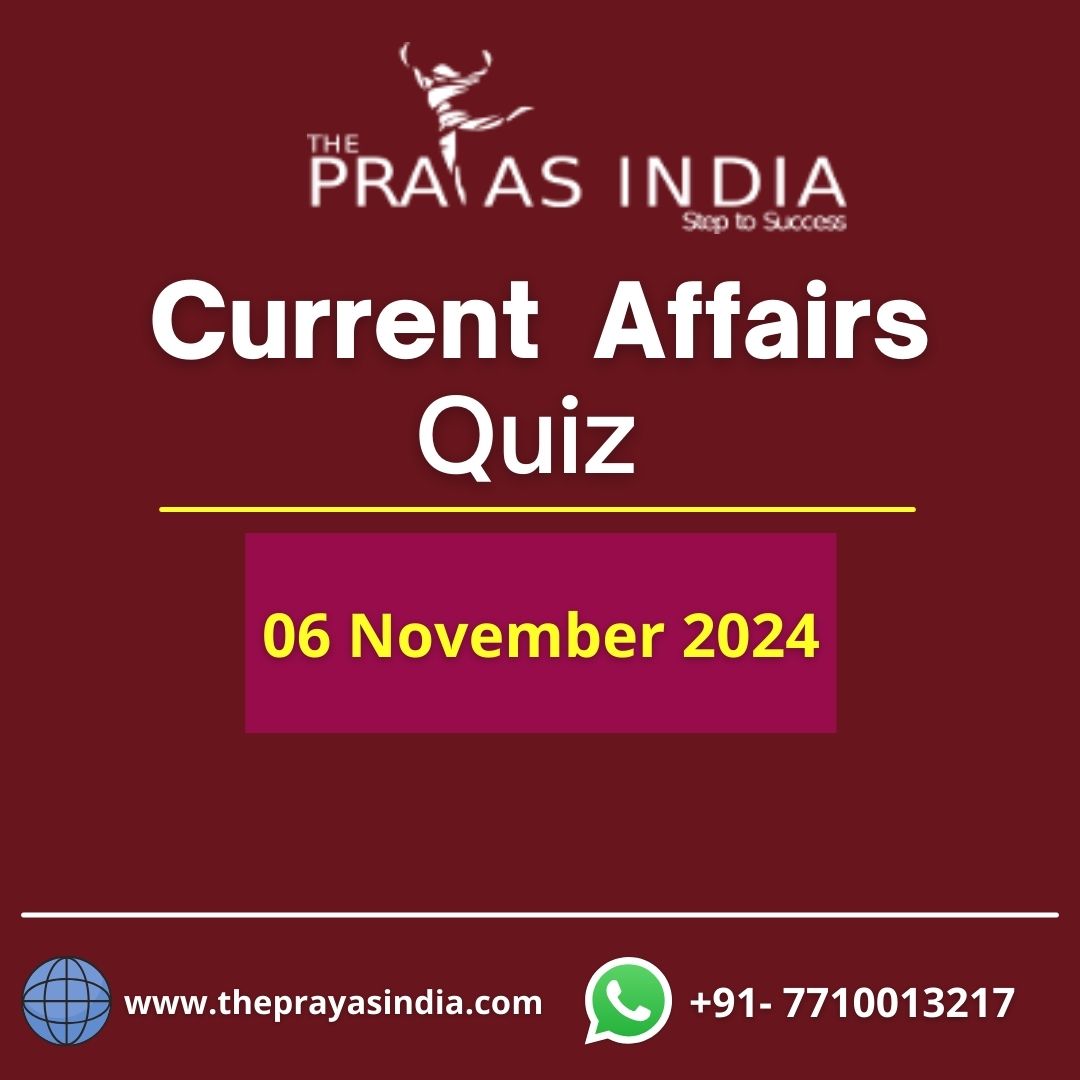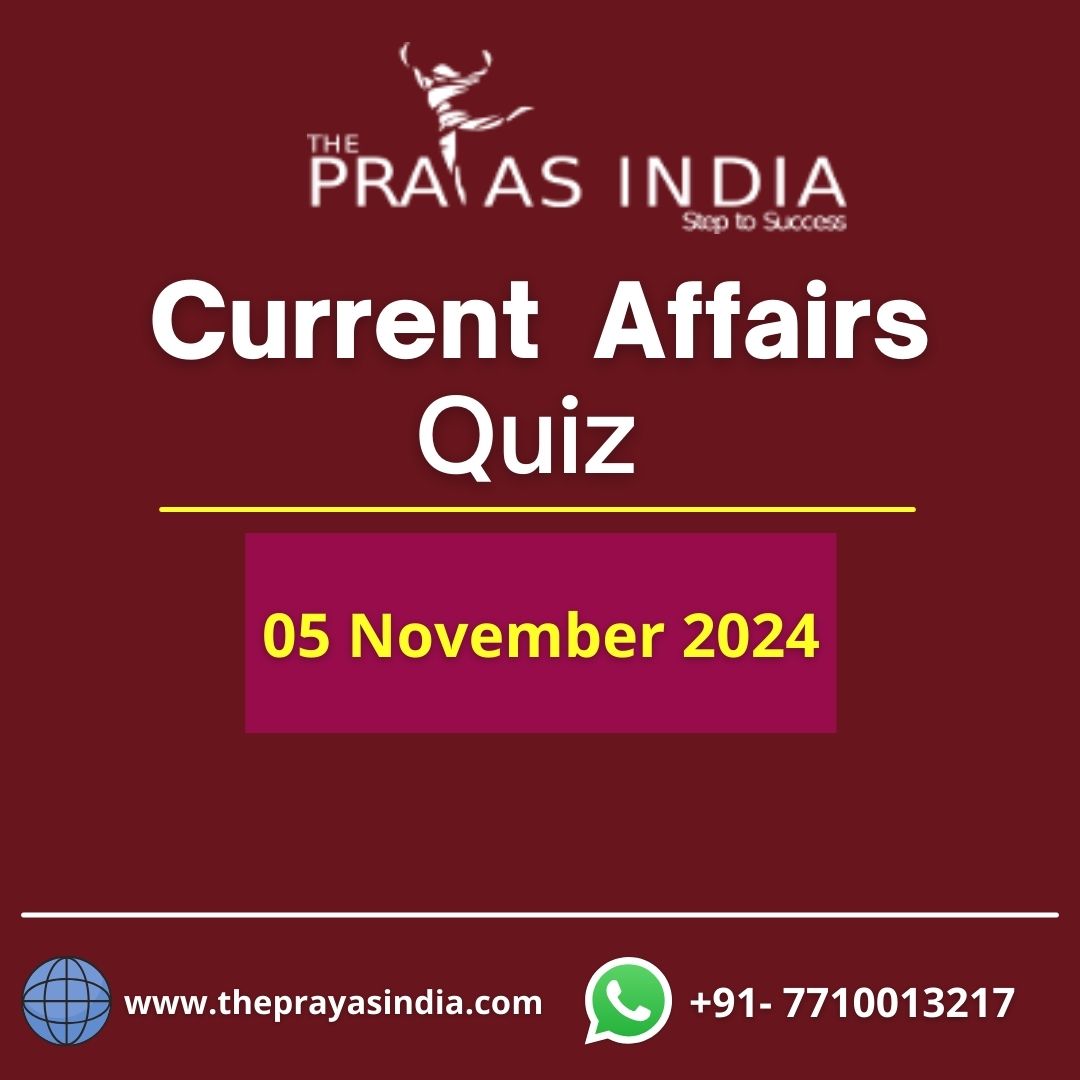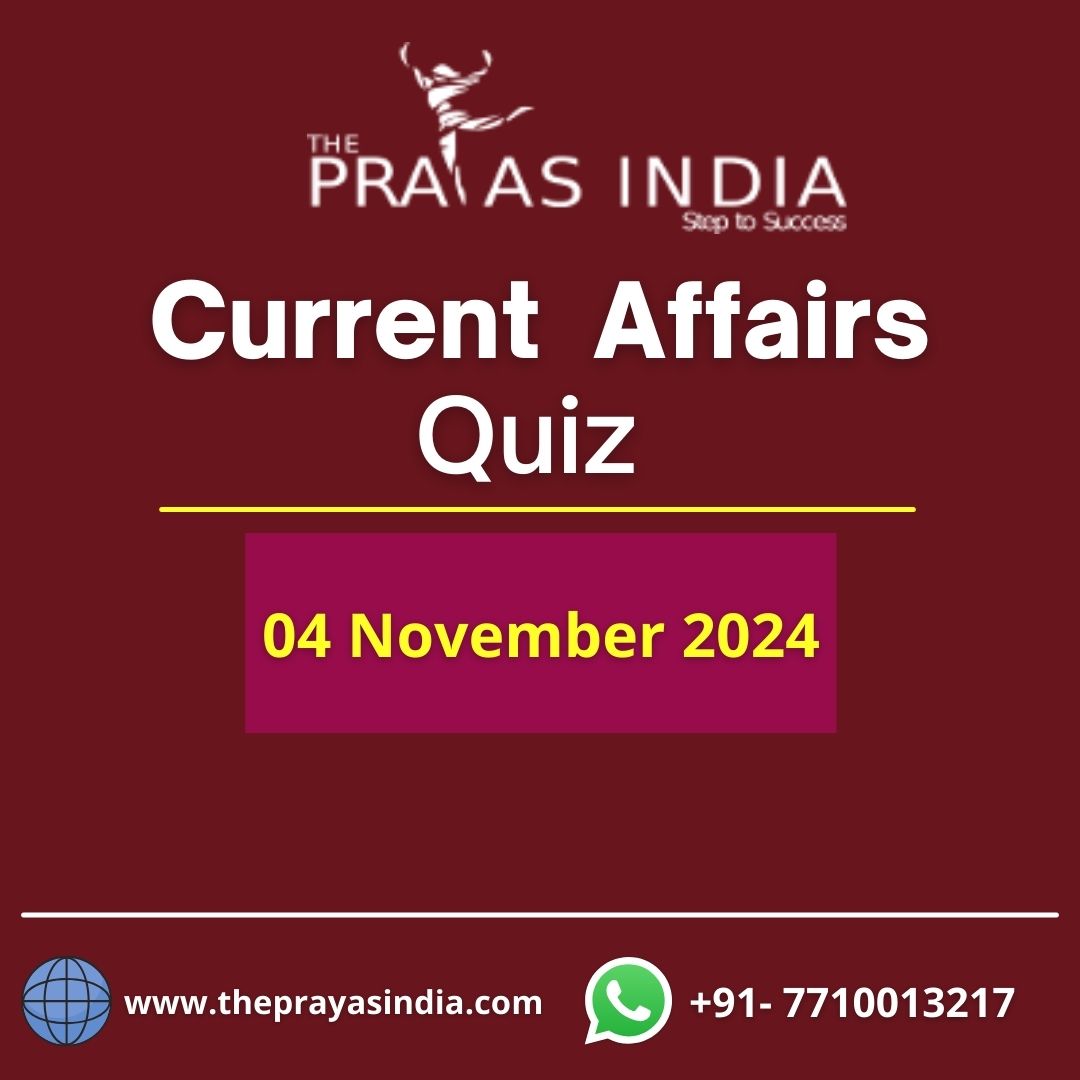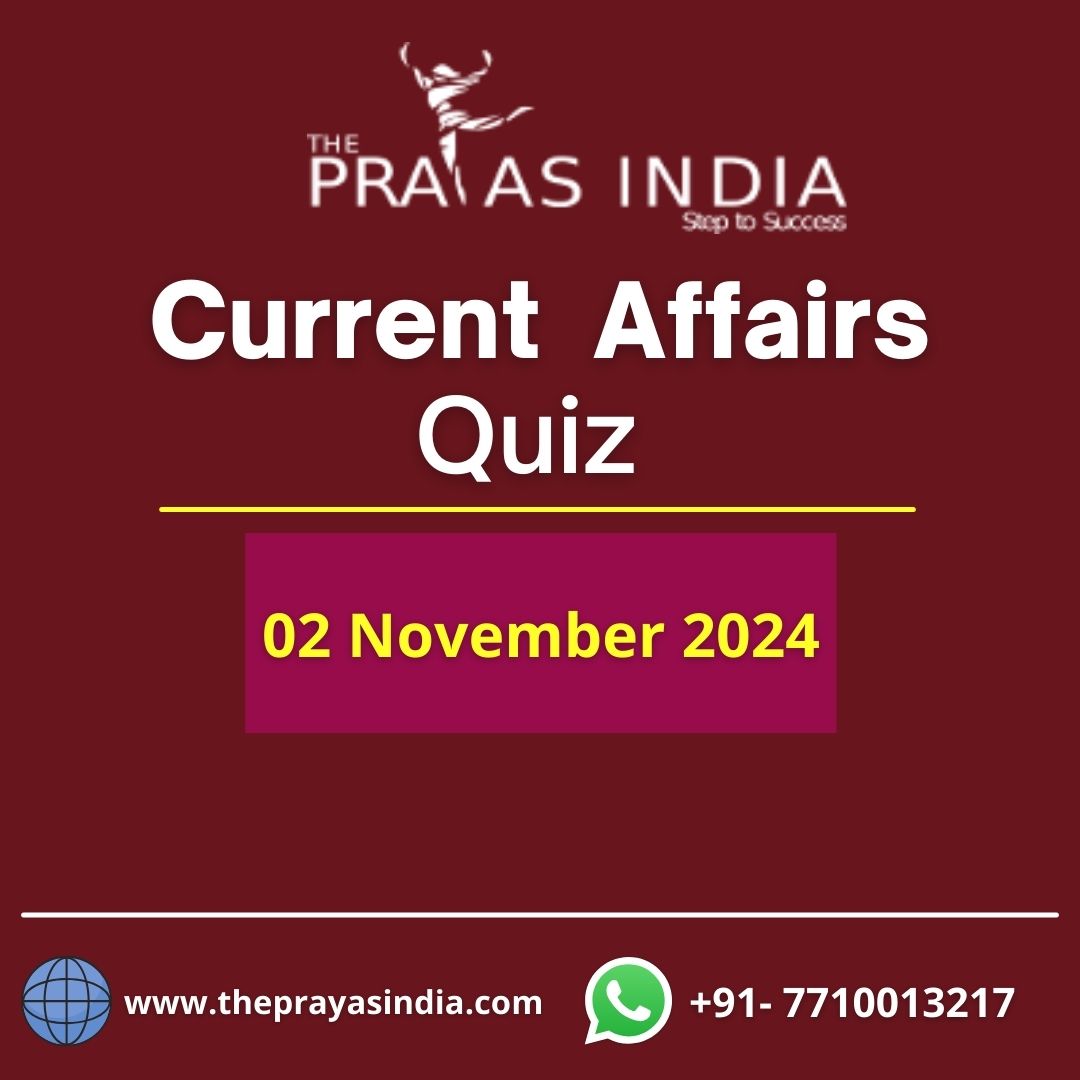Q1. What is Gresham’s Law?
(a) Gresham’s Law states that “bad money drives out good money” in an economy.
(b) Gresham’s Law is a principle of physics that describes the behavior of gases at low temperatures.
(c) Gresham’s Law is a theory in psychology that explains the phenomenon of confirmation bias.
(d) Gresham’s Law is a rule in chess that governs the movement of pawns on the board.
Ans: (a)
Explanation:
- Gresham’s Law, named after Thomas Gresham, states that “bad money drives out good” when the government fixes the exchange rate between two currencies at a level different from the market rate.
- Impact:
- This leads to the undervalued currency going out of circulation, while the overvalued currency remains but lacks buyers.
- The law can result in a currency shortage when demand exceeds supply due to the fixed price.
- Gresham’s law applies not only to paper currencies but also to commodities. It can cause goods to disappear from the formal market when their prices are forcibly undervalued by governments.
Q2. Which of the following statements about cloned mammals is correct?
(a) Cloned mammals always have the same physical and behavioral traits as the original.
(b) Cloning mammals involves the fusion of sperm and egg cells.
(c) Dolly the sheep, the first cloned mammal, was cloned using a process called somatic cell nuclear transfer.
(d) Cloned mammals have longer lifespans compared to naturally born mammals.
Ans: (c)
Explanation:
- Context: Ian Wilmut, the British embryologist renowned for leading the team that created Dolly the Sheep, the world’s first cloned mammal from an adult cell, has passed away recently.
- Dolly the sheep, the first cloned mammal, was indeed cloned using somatic cell nuclear transfer. In this process, the nucleus from a somatic cell of the donor animal was inserted into an enucleated egg cell, which was then stimulated to develop into an embryo and implanted into a surrogate mother.
Q3. Which of the following statements about cancer is correct?
(a) Cancer is caused solely by genetic factors and cannot be influenced by lifestyle or environmental factors.
(b) Cancer is a single disease with one specific cause and one cure.
(c) Cancer is the uncontrolled growth and spread of abnormal cells in the body.
(d) Cancer is always fatal and cannot be treated or managed.
Ans: (c)
Explanation:
- Context: Scientists at the Indian Institute of Science (IISc) have developed a novel approach to detect and potentially kill cancer cells, especially those forming solid tumour masses.
- Cancer is defined as the uncontrolled growth and spread of abnormal cells in the body. These abnormal cells can form tumors and interfere with normal bodily functions.
Q4. Consider the following nations:
- Algeria
- Niger
- Chad
- Sudan
- Egypt
How many of the above mentioned nations share a border with Libya?
(a) Only two
(b) Only three
(c) Only four
(d) All five
Ans: (d)
Explanation:
- Libya is a country in the Maghreb region of North Africa. It is bordered by the Mediterranean Sea to the north, Egypt to the east, Sudan to the southeast, Chad to the south, Niger to the southwest, Algeria to the west, and Tunisia to the northwest.
Q5. Other than the fundamental rights , Which of the following parts of the Constitution of India reflect/reflects the principles and provisions of the Universal declaration of human rights(1948) ?
- Preamble
- Directive principles of state policy
- Fundamental duties
Select the correct answer using the given code below-
(a) 1 and 2 only
(b) 2 only
(c) 1 and 3 only
(d) 1, 2 and 3
Ans: (d)
Explanation:
- S1: e.g. from UDHR: Article 3. Everyone has the right to life, liberty and security of person.
- S2: eg. Article 22 UDHR: Everyone, as a member of society, has the right to social security and is entitled to realization, through national effort and international co-operation and in accordance with the organization and resources of each State, of the economic, social and cultural rights indispensable for his dignity and the free development of his personality.
Or, Article 26:
- (1) Everyone has the right to education. Education shall be free, at least in the elementary and fundamental stages. Elementary education shall be compulsory. Technical and professional education shall be made generally available and higher education shall be equally accessible to all on the basis of merit.
- S3: e.g. Article 27 of UDHR:
- (1) Everyone has the right freely to participate in the cultural life of the community, to enjoy the arts and to share in scientific advancement and its benefits.
- (2) Everyone has the right to the protection of the moral and material interests resulting from any scientific, literary or artistic production of which he is the author.




